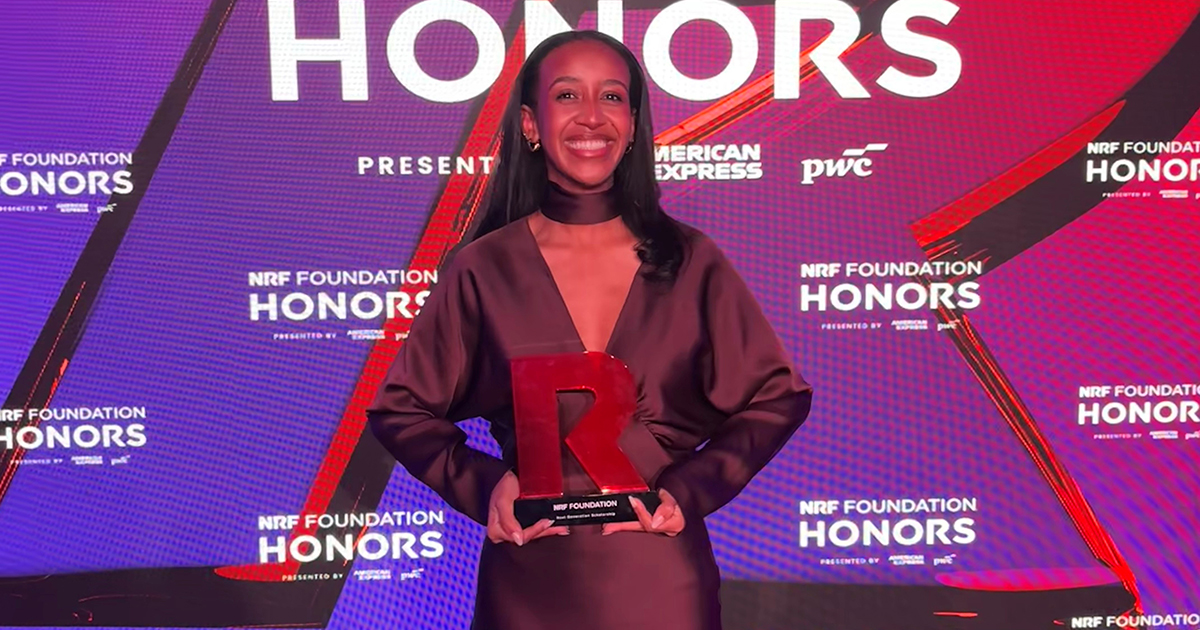To Survive, Companies Learn How to Innovate

Sometimes, “innovation” can seem like an empty word, a term for business folks to throw around to make themselves seem forward thinking. Actually knowing how to innovate, however, requires far more than just talk.
Michael Gudas has seen this firsthand. He has attended quite a few conferences on innovation. “There’s a lot of buzz and people get on stage talking about innovation, but not all of it is credible or applicable,” he says.
As the director of innovation strategy and operations at Liberty Mutual Insurance, though, Gudas is looking for practical, systemic ways to foster innovation in his organization, particularly since he doesn’t work for a tech company that may be more inherently focused on such matters.
“When you don’t work for Google or Amazon, you have to make choices about how you develop innovation functions and programs,” he says. “It is a universe of opportunity.”
This is why Gudas was particularly impressed when he attended Building a Capability for Breakthrough Innovation: Executive Overview, a two-day program from Babson Executive Education.
“They lay out all the pieces to make an innovation program work very well. They show how we need to align our HR and our roles to innovation priorities and innovation jobs.”
Michael Gudas of Liberty Mutual Insurance
Taught by Babson College professors and innovation experts Gina O’Connor and Andrew Corbett, the program serves as an in-depth, holistic guide to implementing innovation that promises to create, not just small incremental improvements in services or products, but significant advancements in what a business offers—what is known as “breakthrough innovation.” O’Connor and Corbett’s work has influenced the ISO 9000’s guidance on innovation, and is taught on numerous campuses worldwide.
“The [program] resonated with me,” says Gudas. “It offered real clear guiding principles and strategies to a level of detail that is actionable.” Indeed, taking action is essential. In today’s business world, where disruption is always threatening to upend entire industries, Gudas knows that companies must take stock of their operations and learn how to innovate.
Can’t Be Ignored
Gudas has seen how innovation can be tough for companies to pursue. “This topic is such a multifaceted and evolving dynamic that is truly challenging,” he says. “It’s an odd fit honestly for companies to think about.”
But companies ignore innovation at their peril. Consider Kodak. At its peak in 1996, Kodak had more than two-thirds of the global market share in cameras and film, but by 2012, it was declaring bankruptcy, swept away by the digital camera revolution.
The fall of Kodak is discussed in Beyond the Champion: Institutionalizing Innovation Through People. Written by O’Connor and Corbett, along with the late Lois S. Peters of Rensselaer Polytechnic Institute, the book describes how companies often aren’t prepared to develop innovation, whether because of an overemphasis on pre-existing business, a focus on short-term profits, or a mismanagement of talent.
Learning How to Innovate
As part of the program, O’Connor and Corbett help participants understand the company roles needed for creating breakthrough innovation. The professors also assist participants with identifying their company’s strengths and challenges for managing and sustaining innovation.
“They lay out all the pieces to make an innovation program work very well,” Gudas says. “They show how we need to align our HR and our roles to innovation priorities and innovation jobs. This gives us a great jump up the learning curve in thinking that through.”
The program left Gudas with much to ponder and further fired his passion for innovation. As he looks to the future, he is interested in prioritizing between incremental and breakthrough innovation at his company.
He also hopes to ensure that his company’s innovation efforts are built upon diversity. “It’s something very real and business critical to executing business innovation,” he says. If a company is looking for new ideas, he says, it can’t rely on a homogeneous group of employees. “Someone from a different place in life is going to have something different to offer,” says Gudas.
Posted in Insights




